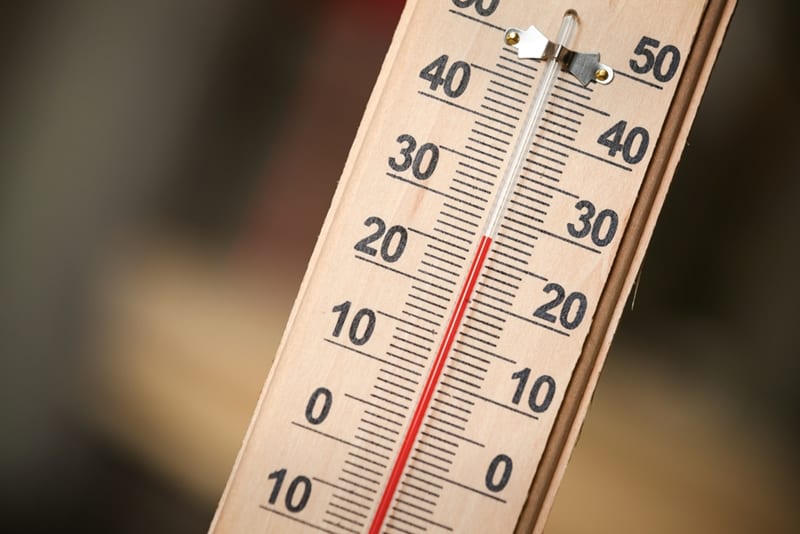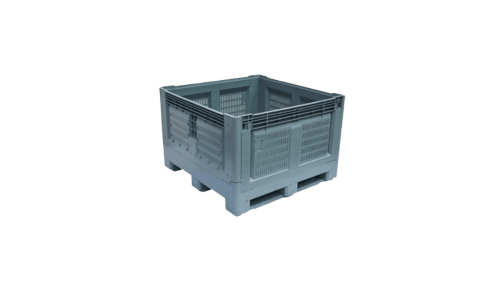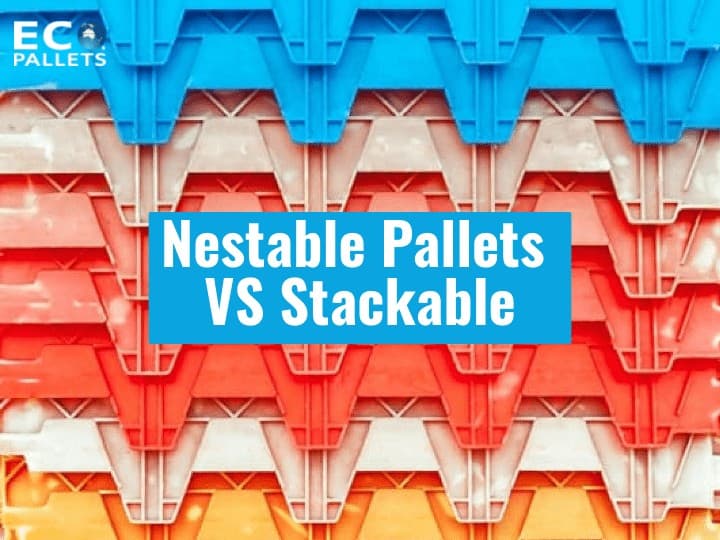Between 2015-2016, over $650 billion worth of goods and services were exchanged back and forth across the Australian border. Exports make up the backbone of the Australian economy, sending products to all corners of the world.
During international shipping, goods – and the pallets they are transported on – must pass through several different climates in order to reach their final destination.
The environment can be a destructive force for the wrong type of pallet. Below are several reasons why plastic pallets are the ideal choice when it comes to weathering problematic climates the world over.


Plastic VS Wood Pallets In Humid Climates
Unlike their wooden counterparts, plastic pallets are ideal for use in humid environments, outperforming other pallet options in two key areas:
- Growth of mould and bacteria. Microorganisms thrive in hot and humid environments as moisture is one of the main requirements for their growth. Preventing the spread of these contaminating organisms in such environments becomes a top priority. Plastic pallets are much more easily cleaned than wooden pallets, making it harder for these organisms to proliferate.
- Preventing rot. Where there’s mould, there’s rot, and wooden pallets that have been kept in an environment with high humidity are much more likely to be structurally compromised. Mitigating the risk of rot is more difficult with wooden pallets than plastic ones, as the cracks and grooves in wooden panels provide an ideal pace for rot-causing organisms to hide and avoid even thorough cleaning attempts.
Plastic Pallets In Cold and Freezing Climates
Pallets that are stored outside in climates that regularly dip above and below the freezing point are subject to a host of environmental pressures. Snow can be particularly damaging is if allowed to settle for long periods of time, exposing the panels to moisture as they melt. Thankfully, at Eco Pallets, our plastic pallets are impervious to moisture, and won’t absorb any liquid, even if left outside winter-long.
Plastic’s stability makes it an ideal pallet material to weather all climates.
Wooden pallets don’t have this safeguard, and not only can excess moisture make these pallets heavier and more difficult to transport, as in the example above, moisture acts as a great conduit for bacterial and mould growth.
Plastic Pallets In Hot And dry climates
At the opposite end of the climate scale, very hot and dry climates have the potential to damage wooden pallets. As moisture leaves wooden pallets in these environments, the wood can warp, twist and crack, potentially damaging the nailing joints that hold them together, and compromise the pallet’s overall strength.
Again, plastic’s stability makes it an ideal pallet material to weather all climates. As a single unit, there are no joints that can be compromised that weaken its integrity, making plastic pallets a robust choice for all applications.
To find out more, reach out to the team at Eco Pallets today.
Read Next: Plastic Pallet Export Pallet Requirements For Australia










Comments are closed.